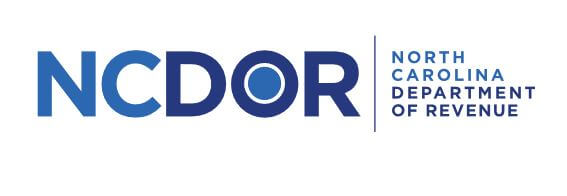
ITIN Contractors – What NC Companies Need to Know to Minimize Risk
Do you have contractors you are paying to perform services in your business that have an Individual Taxpayer Identification Number (ITIN) assigned to them by the Internal Revenue Service (IRS)? Are you withholding the required 4% North Carolina (NC) taxes on their payments for services they perform in your business? We continue to see the North Carolina Department of Revenue (NCDOR) targeting North Carolina construction companies mostly on this issue, but it applies to any business that is paying someone with an ITIN for services performed. How are you and your human resources team handling ITIN contractors in your business?
What is an ITIN?
An ITIN is issued by the IRS to individuals who are required to file United States tax returns but who are not eligible to receive a Social Security number. For example, a legal immigrant who is in the United States, pursuant to a valid “green card” and who operates as a sole proprietorship in North Carolina, would be required to pay federal and North Carolina taxes but would not be entitled to a Social Security number. This individual would be required to obtain an ITIN from the IRS.
All ITINs have the same numbering format as a Social Security number, but they all begin with the number “9,” which makes it easier for your company to identify that it may have an ITIN contractor withholding obligation.
What Should I Do If My Company Has an ITIN Contractor?
Most companies do not have an obligation to withhold from amounts you pay to an independent contractor for services, but you may have a withholding obligation for your ITIN contractors. All North Carolina businesses that pay more than $1,500 in any year to an ITIN contractor are required to withhold 4% for the payments and submit these payments to the NCDOR. This ensures that the NCDOR collects income taxes on these workers who may not otherwise file proper income tax returns and pay the tax in North Carolina.
If you have more concerns on this topic or to see if this applies to your company, please visit www.ncdor.gov and read the attached NCDOR Directive for more information, or call our office for additional assistance.
Click here to learn more about this important topic.
Submitted by: Jennifer Queen
Source: North Carolina Department of Revenue
